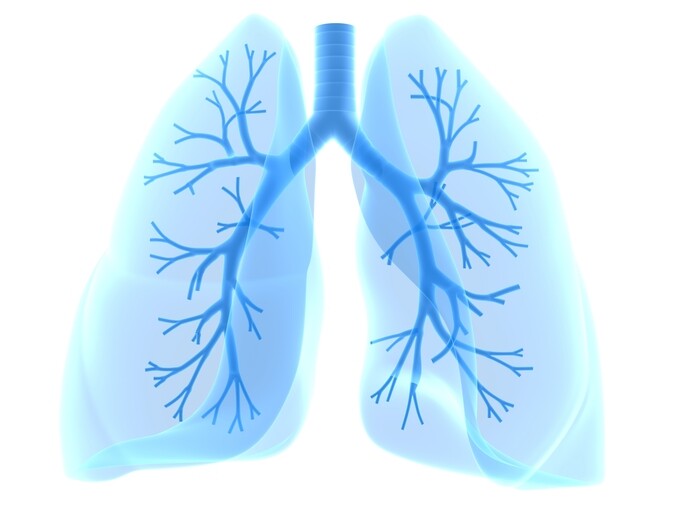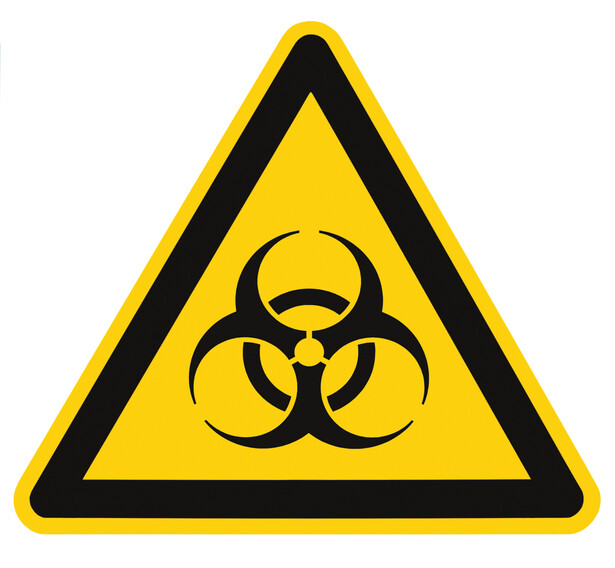Allergic and Non-allergic Respiratory Disease in Farmers
The goal of the webinar is to inform health care providers of farmers and farming exposed workers on the allergic and non-allergic respiratory diseases commonplace to this type of environment. The webinar will cover a general overview of allergic and non-allergic respiratory diseases including asthma, chronic obstructive pulmonary disease, hypersensitivity pneumonia, and organic dust toxicRead More





